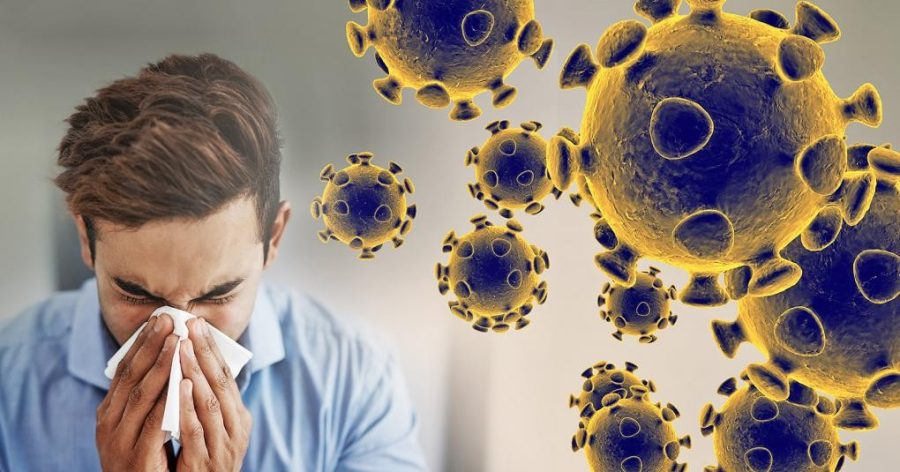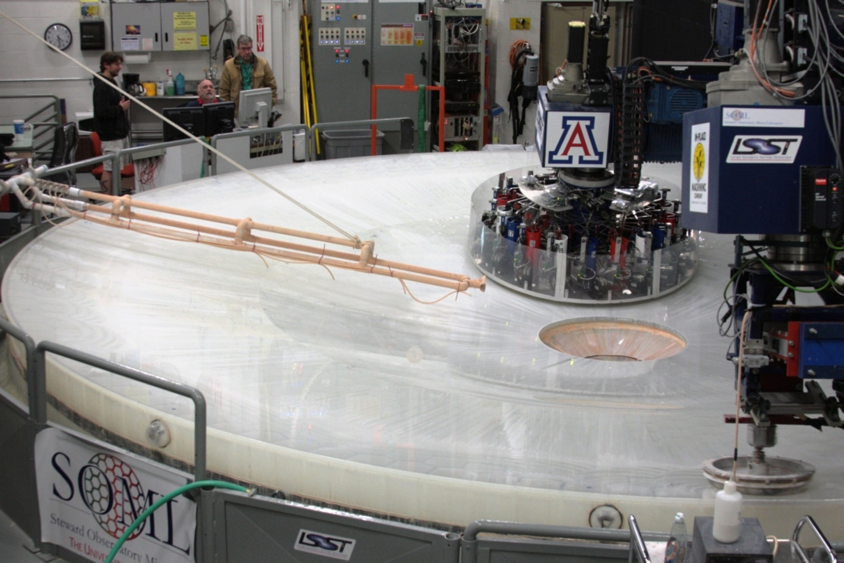As temperatures start to soar in Arizona, we can only hope that cases of COVID-19 don’t escalate with it in conjunction. However, the Arizona Department of Health Services announced that Arizona had a record-setting day of 2,519 new confirmed cases on June 18. So what effect does excessive heat have on the transmission of the virus?
The simple answer is “we don’t know” due to the fact that there is “not enough evidence to know if there is a significant slowdown.”
Statistics have shown that the worst outbreaks of COVID-19 have occurred in the colder parts of the Northern Hemisphere during winter or early spring. This is because cold air is denser than warm air, therefore lower to the ground and thus making airborne travel much more efficient for the coronavirus, as stated by Jason Beaubien of National Public Radio.
While this being the case, airborne transmission will still be prominent. What role does humidity play here?
RELATED: Minority groups hit disproportionately harder, pandemic exposes racial disparities in healthcare
In a controlled experiment conducted by Harvard Medicine, Massachusetts Institute of Technology and other various higher education institutions, it was notated that for every “1.8-degree temperature increase” there was a “3.1 percent reduction in the virus’s reproduction number,” according to the Washington Post.
However, they also concluded that the “transition to summer weather won’t be sufficient to completely contain the virus’s transmission.” Other coronaviruses, namely SARS and MERS, have persisted during the warmer months, so many health officials expect the same trend.
As stated before, humidity plays a vital role while determining the effect of heat on coronavirus. During the more humid times of the year, the droplets of coronavirus will fall quickly, thus limiting airborne transmission.
The coronavirus is similar to the flu in some regards; so, if the flu cases start to dissipate during the warmer months, then it can be inferred that the novel coronavirus might do the same, “but this is not the flu so we don’t know,” said Dean Winslow, a professor at the Stanford School of Medicine, to ABC.
As the summer goes on it is uncertain whether the coronavirus might slow as depicted by the numerous experiments and professional opinions stated. With the number of confirmed COVID-19 cases in Arizona spiking, it seems that the heat may have no impact on this pandemic, but in essence, heat may or may not have a role in slowing the spread of the coronavirus, and further research needs to be done to bolster the facts.
Follow Vivek Aking on Twitter









